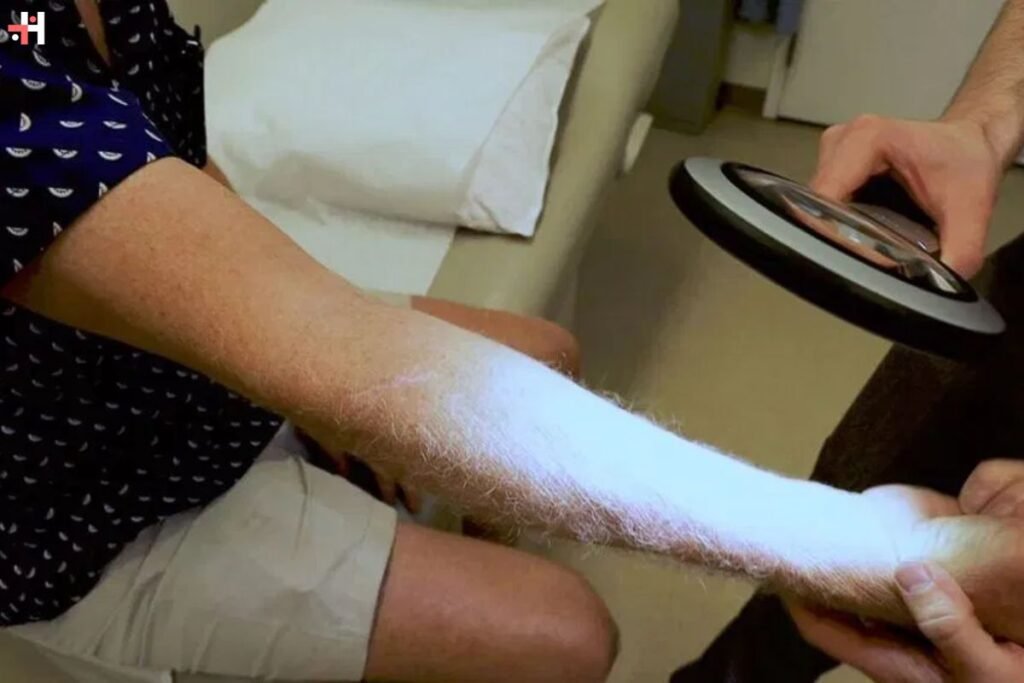(Source-KOMO-News)
Doctors are sounding the alarm on the incidence of rising cancer among younger populations. Recent data confirms a worrying trend: people are being diagnosed with cancer at progressively younger ages.
“The rate of cancer in young adults worldwide has been increasing by about 1% to 2% per year over the last three decades,” stated Dr. Donald Karcher, president of the College of American Pathologists.
Multiple Factors Contributing to the Rise
Karcher explained that the increase is likely due to a combination of factors rather than a single cause. Diet, lifestyle, and environmental exposures are all playing a role.
“We know that diets high in fat and low in fiber, or those rich in ultra-processed foods such as cold cuts and diet sodas, are linked to cancer,” Karcher said. “Lack of exercise and obesity are also associated with certain types of rising cancer. Smoking, while commonly linked to lung cancer, is also connected to at least eight other cancer types. Alcohol consumption and excessive sunlight exposure due to skin cancer are additional risk factors.”
Even overexposure to certain medications can contribute to cancer risk. “Some medications are known to be associated with cancer, while others, such as antibiotics, might contribute due to their impact on gut microorganisms,” Karcher noted.
Wide Range of rising cancer
From breast cancer to colon, kidney, and pancreatic cancers, doctors are seeing an increase across various cancer types in young adults. Karcher emphasized the importance of being vigilant about symptoms.
“Look out for signs like swelling or lumps, unexplained pain or weight loss, persistent fatigue, changes in bowel habits, blood in stool or urine, chronic cough or hoarseness, and changes in skin lesions like moles,” Karcher advised.
Importance of Early Screening
Screening tests are crucial in early rising cancer detection and can save lives. For women at average risk of breast cancer, Karcher recommends starting mammograms at age 40. Women with a higher-than-average risk should begin even earlier. Cervical cancer screenings with Pap tests or HPV tests should start at age 21. For colon cancer, screenings should commence at age 45, unless a higher risk is present, warranting earlier tests.
“These screenings are vital,” Karcher stressed. “They could save your life.”
The rising cancer rates among young people highlight the importance of adopting healthier lifestyles, staying informed about risk factors, and participating in regular screening tests. By addressing these issues proactively, we can better manage and hopefully reduce the incidence of cancer in younger generations.










